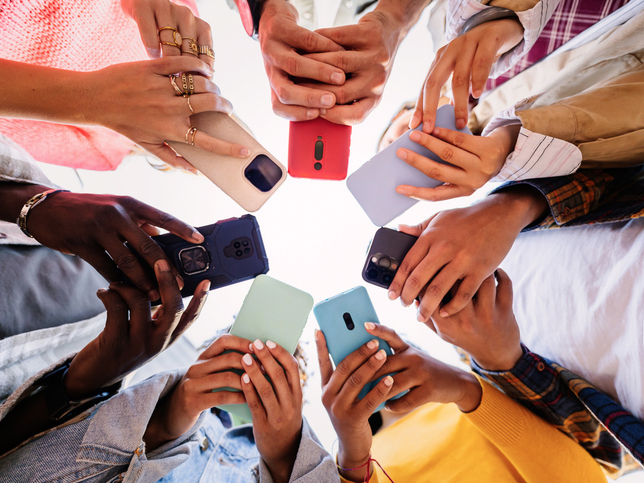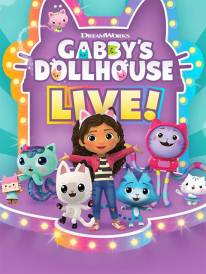16 year old Age Limit on Social Media will be Legislated

Prime Minister Anthony Albanese today announced an age limit of 16 for the government's proposed social media ban. Legislation is to be introduced by the end of the year, which would take effect in 12 months.
Lisa Given, Professor of Information Sciences
"Under the proposed plan, young people below the age of 16 who are already on social media won't be exempt from the ban. Nor will they be able to use platforms such as Instagram and TikTok, even if they have their parent's consent to do so. The government has said the responsibility for enforcing the ban will be on tech companies rather than parents.
"It's unclear why the government chose 16 as the target age for the ban. Other countries and jurisdictions have tried to implement similar bans, with France selecting 14 and Texas, USA selecting 18.
"Many teens under 16 need access to critical information as they begin to mature into adults. Social media tools play a critical role in how youth engage with educational institutions, potential employers and health services, as well as personal networks of people with shared interests. They may be grappling with many different issues in their lives, without access to appropriate supports at home or in their communities.
"Social media is also a very diverse term, which includes more than just platforms like TikTok, Instagram and Facebook. The government has chosen a broad definition for its ban, which is outlined in Australia's Social Media Services Online Safety Code. This means people under 16 would be excluded from LinkedIn, where they might be following politicians or thought leaders to learn about current affairs, as well as educational platforms like YouTube.
"The fact that there is no exemption under the government's plan for social media users under 16 years who have their parents' consent will continue to fuel debate on whether a ban is the right approach. A social media ban will likely give parents a false sense of security, while excluding young people from sites providing critical information and potentially pushing young people to find workarounds to access social media content in secret."
Lisa Given is a Professor of Information Sciences at RMIT University. She is Director of RMIT's Centre for Human-AI Information Environments and the Social Change Enabling Impact Platform.
Professor Keane:
"Social media is affecting our children in so many ways, from self-esteem issues to an inability to interact in person, through to misinformation, harmful content and dangerous TikTok challenges.
"Social media companies cannot and will not self-regulate their platforms. It is a very encouraging and brave step the government has made to take control.
"Social media companies have been given ample opportunities to address these issues but it is not in their best interests to do so. These companies need to face the reality that their products have a negative impact on children."
Have your say here
Image credit istock Xavier Lorenzo
MORE





